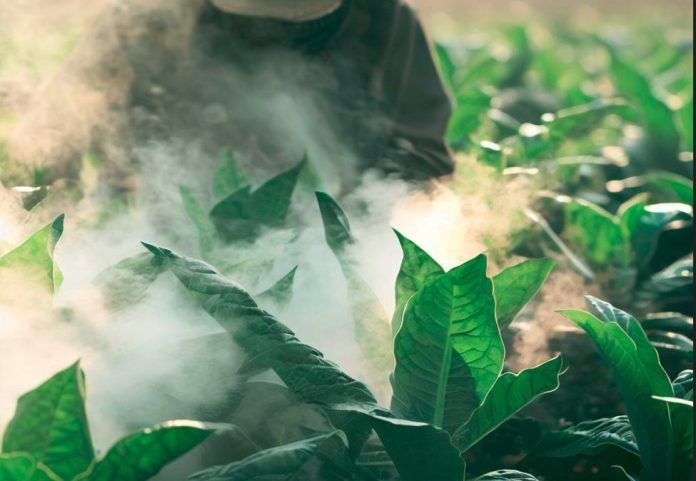News in brief: The WHO urges governments to end tobacco subsidies and shift towards sustainable food crops, citing the negative impacts of tobacco farming on health, environment, and food production.
The World Health Organization (WHO) has asked governments to stop providing subsidy for tobacco farming and instead, pivot towards sustainable crops for food. On World No Tobacco Day, 31 May 2023, the United Nations public health authority launched a campaign targeting tobacco expansion.
Tagged ‘Grow food, not tobacco’, the WHO aims to stop government tobacco subsidies. It also wants to sensitise tobacco farming communities on benefits of growing sustainable crops. Then is shoring up efforts to fight desertification and environment degradation related to tobacco farming. Lastly, it is working on revealing what industry stakeholders are doing to block sustainable livelihoods work.
The number of governments that commit to ending tobacco subsidies determines the campaign’s success.
In an earlier statement, Dr Tedros Adhanom Ghebreyesus, WHO Director-General (DG), blamed tobacco for 8 million annual deaths. Yet, there are over 3 million hectares of tobacco farm land in 120 countries at subsidised costs. Meanwhile, food production remains low as 300 million people face ‘acute food insecurity’ all over the world.
Basically, land and inputs that go into growing tobacco removes from inputs that should go into growing food.
Although, food insecurity is not the only danger it poses. There is also the fact that farming tobacco farming increases risk of nicotine poisoning or green tobacco sickness. “Farmers are exposed to chemical pesticides, tobacco smoke and as much nicotine as found in 50 cigarettes â leading to illnesses like chronic lung conditions and nicotine poisoning,” Dr Ruediger Krech, WHO Director of Health Promotion, said.
The focus on Africa is because of the rapid growth rate of tobacco farming in the region. WHO claims that the continent has seen about 20% more tobacco farming land since 2005. Already, along with sister organisations like the Food and Agriculture Organization (FAO) and the World Food Programme (WFP), WHO is supporting 5000 farmers in Kenya and Zambia to grow sustainable food crops instead of tobacco.



